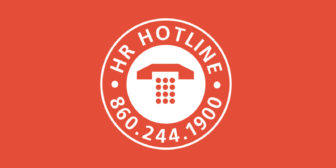Businesses Navigate Economic Uncertainty
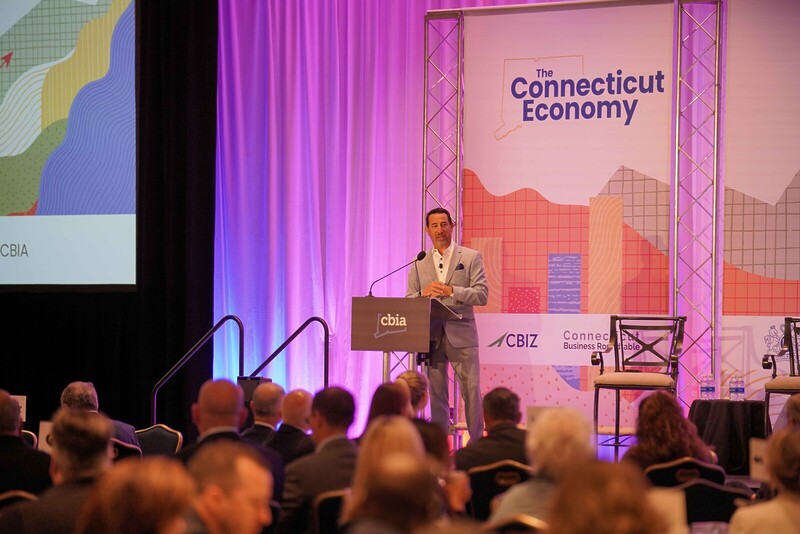
From persistent labor challenges, rising costs, and emerging technologies, to growing state, federal, and global uncertainty, businesses in Connecticut are navigating challenging economic times.
“More than anything, business leaders—and I firmly believe our residents—want predictability, stability, and certainty,” CBIA president and CEO Chris DiPentima told almost 400 attendees at CBIA’s Sept. 3 The Economy Conference.
“All are in short supply these days.”
The Hartford conference marked the release of CBIA’s 2025 Survey of Connecticut Businesses, produced in collaboration with the accounting and business advisory firm CBIZ, Inc.
“While our survey shows some signs of optimism, concerns about the state’s competitiveness, workforce challenges, and cost pressures continue to temper expectations,” DiPentima said.
“Employers are increasingly dealing with unnecessary uncertainty generated by both federal and state policy decisions, particularly tariffs and the pivot by Connecticut policymakers away from the fiscal guardrails and no-tax policies that brought much-needed economic stability in recent years.”
‘Uncertainty Not Going Away’
McKinsey & Company partner Ezra Greenberg highlighted the impact that uncertainty is having on the economy.
He told conference attendees the national economy grew between two and a half and three percent in 2023 and 2024.
But in the first half of 2025, U.S. GDP grew at 1.4%, with Connecticut and the New England region experiencing a similar slowdown.
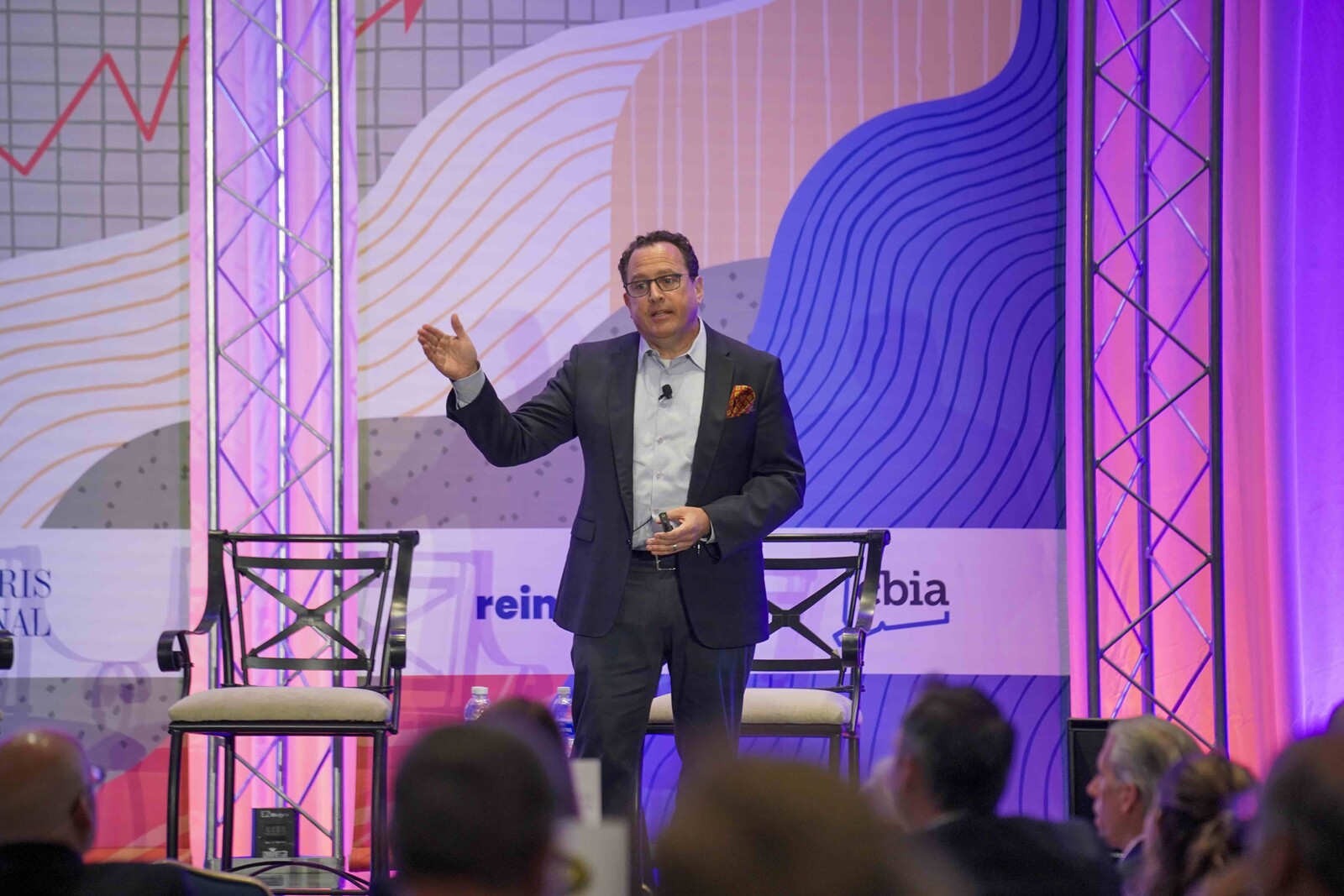
“I do think that understanding what’s rolling downhill from the Feds and what’s going to happen there is something we all need to understand,” he said.
Greenberg pointed to trade, tariffs, and federal budget changes as areas that will play a role in where the economy goes.
“The uncertainty is not going away,” he said.
“So, we’re going to have to figure out a way to get off the sidelines.”
Workforce Challenges
When looking at labor force trends, Greenberg said that over the past 10 to 15 years, the U.S. workforce has largely grown because of immigration.
“With the headwinds that we have on immigration right now, there’s a lot fewer people entering the labor force, enough to move the needle,” he said.
Labor force concerns are an acute challenge for Connecticut employers, with the population of those employed and looking for work growing just 1.2% over pre-pandemic levels, while job openings increased 8.6%.
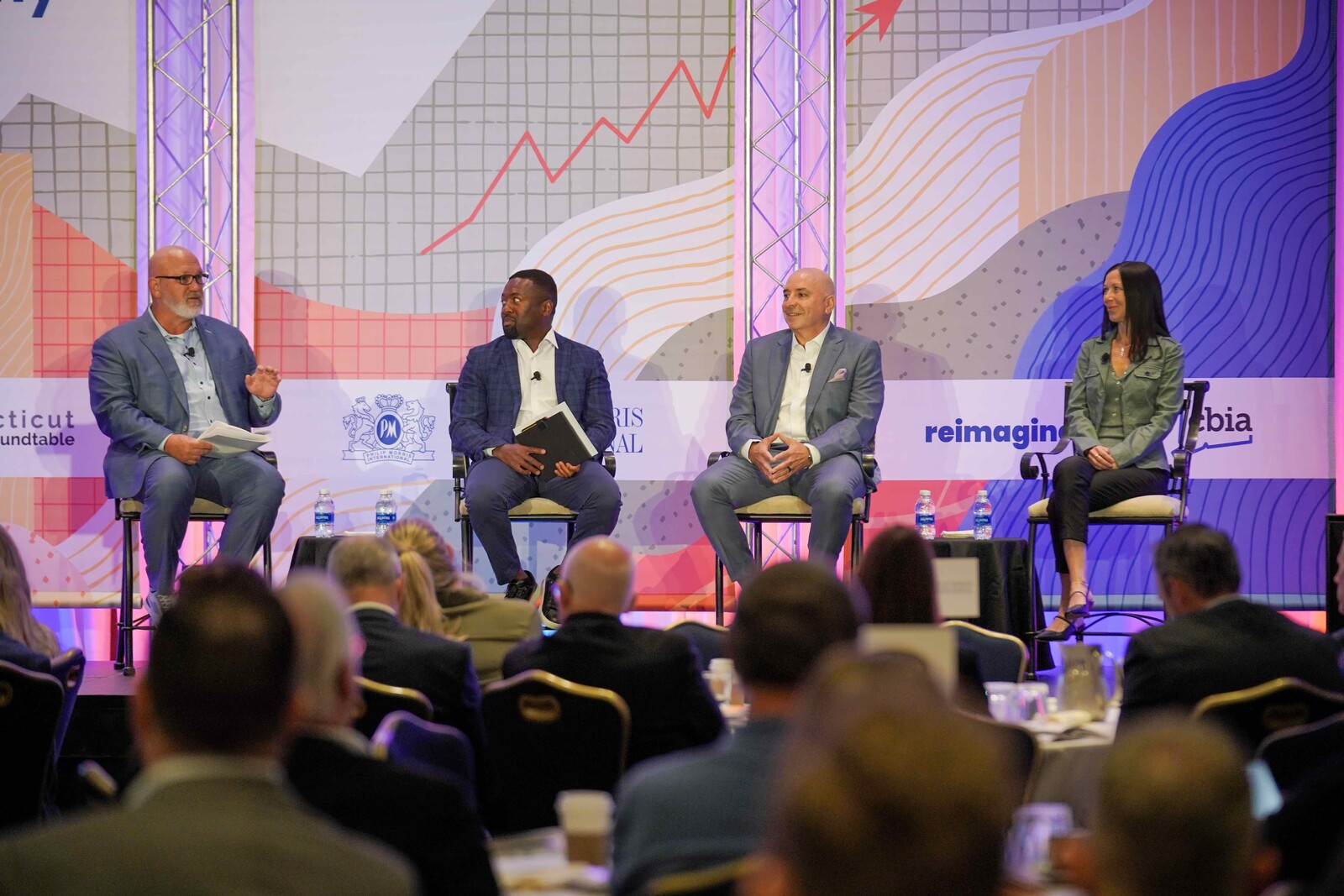
Over three-quarters (76%) of employers told CBIA’s annual business survey that it was difficult to find and retain workers, with 27%—a plurality—saying the lack of skilled job applicants was the greatest growth barrier.
The survey also shows that the cost of doing business is rising for 91% of Connecticut businesses, driven by labor, healthcare, energy, taxes, and compliance costs.
“This is a vital snapshot of the state’s business climate and collective mood of the leaders like yourself that’s sitting in this room,” said CBIZ managing director Michael Brooder.
Recruiting, Retention
Brooder discussed the survey’s findings—including best practices for addressing workforce challenges—with Budr Cannabis founder Derrick Gibbs, United Security, Inc. CEO Frank Consoli, and Cloudsmart, Inc. president Robyn Sullivan.
“It’s not only it’s only going out and recruiting and finding the best folks with the skill levels to keep up with today’s work environment,” said Consoli.
“It’s also the retention once they come aboard, which is a huge, huge mission on our part.”
Consoli added that an important part of retaining employees is making sure employees see that they have an opportunity to grow in an organization.
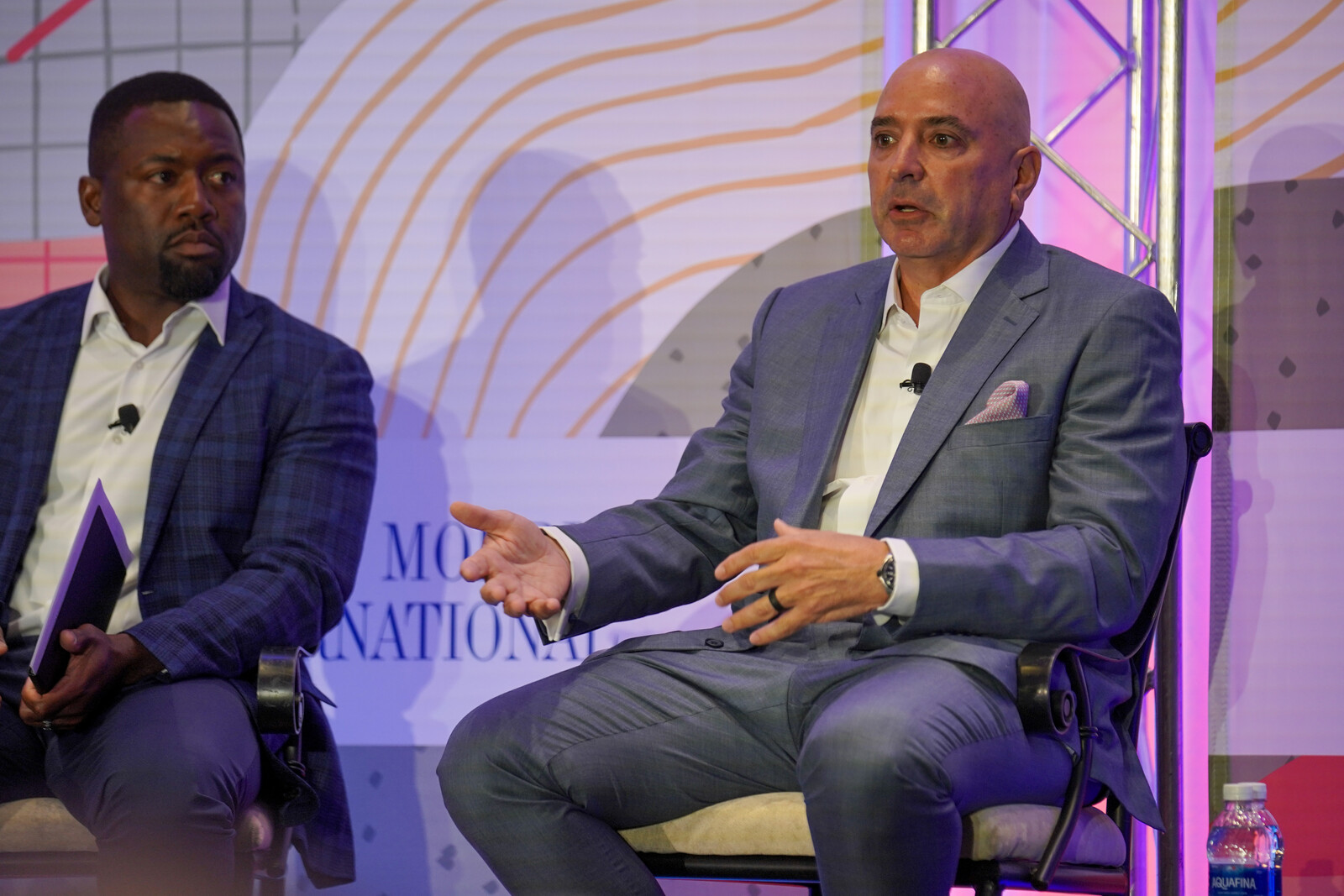
“We’re giving them that training that’s necessary to keep the momentum forward for them,” he said. “It’s not all about pay and it’s not all about benefits,” he said.
Sullivan noted one challenge is navigating multiple generations in the workforce—with each having their own different values that go beyond salary and benefits.
“Looking at hiring younger people, what they value, or what they are looking for in a company is different than the older generation,” she said.
“People want to get up and be a part of something that matters to them—they want to feel valued.”
Rising Costs
A backdrop to the entire discussion was the issue of rising costs in Connecticut and the impact that’s having on employers and employees.
Only 12% of employers surveyed believe the state’s business climate is improving, while 47% say it’s static, and 40% think it’s declining.
Concerns over high costs influenced much of that finding, with regulatory mandates, tax policies, energy costs, and broader economic pressures significantly impacting operating margins for businesses across the state.
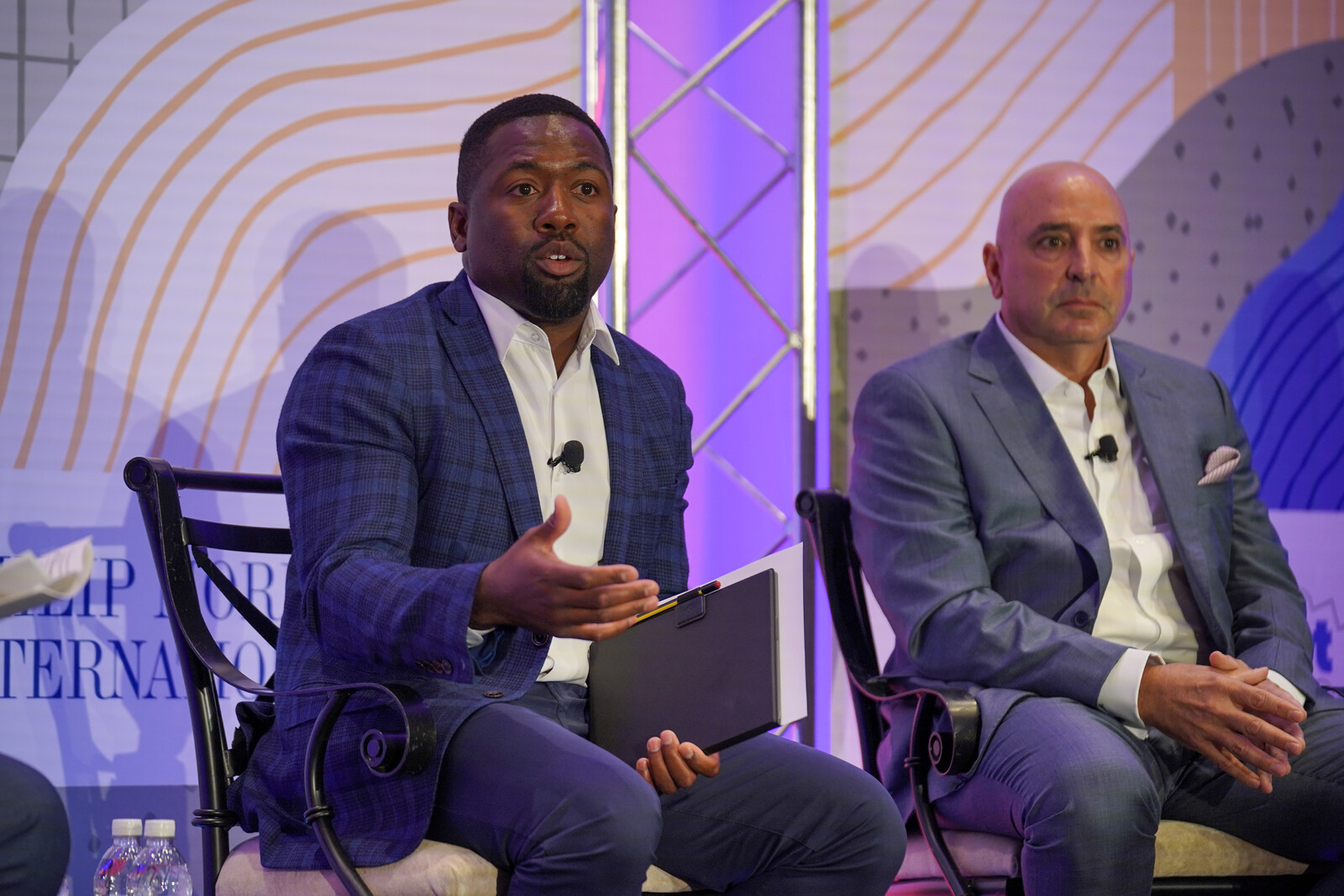
“We could talk about taxes all day,” Gibbs said, noting that state and local taxes total about 28% for cannabis retailers.
“I think there needs to be more of a concentration on controlling the cost of state government.”
Sullivan added that energy costs are a major concern for her company and workforce.
“All of my employees—when they’re asking for increased pay, it comes down to ‘my electricity bill is double what it was last year and I’m using the same,’” she said.
Healthcare Concerns
Brooder noted that rising healthcare costs are also a significant burden on employees.
“It’s not everything, but the more we kind of take out of the employees, the less they’re feeling appreciated, the less they’re feeling like they belong,” he said. “So, what can we do?”
Consoli said United Security switched to become self-insured amid rising premium rates.
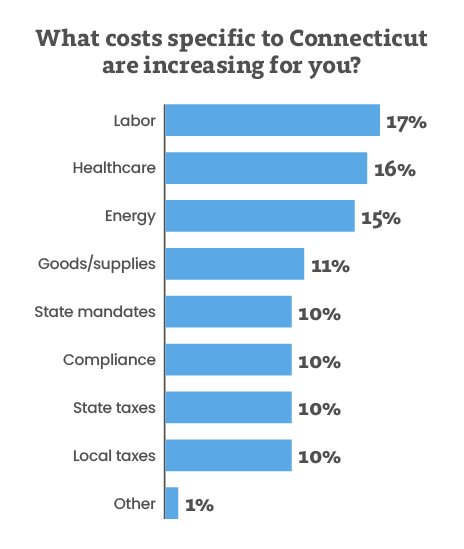
He said that helps the company better manage claims and provides flexibility to design plans that benefit employee wellness.
“Health insurance, someone just said to me recently, is like going to the casino,” Consoli said.
“If you go self-insured, you’ll have a longer time staying at the tables.”
Working Together
Sullivan said that “whether you agree or disagree,” issues like energy, healthcare, childcare, and housing need to be part of the conversation when it comes to running a business.
She said that it’s important for businesses to work together to navigate these trying economic times.
“Businesses have to work together,” she said. “You have to partner with other businesses and be able to realize that we are better together, even if we are in the same sector.”
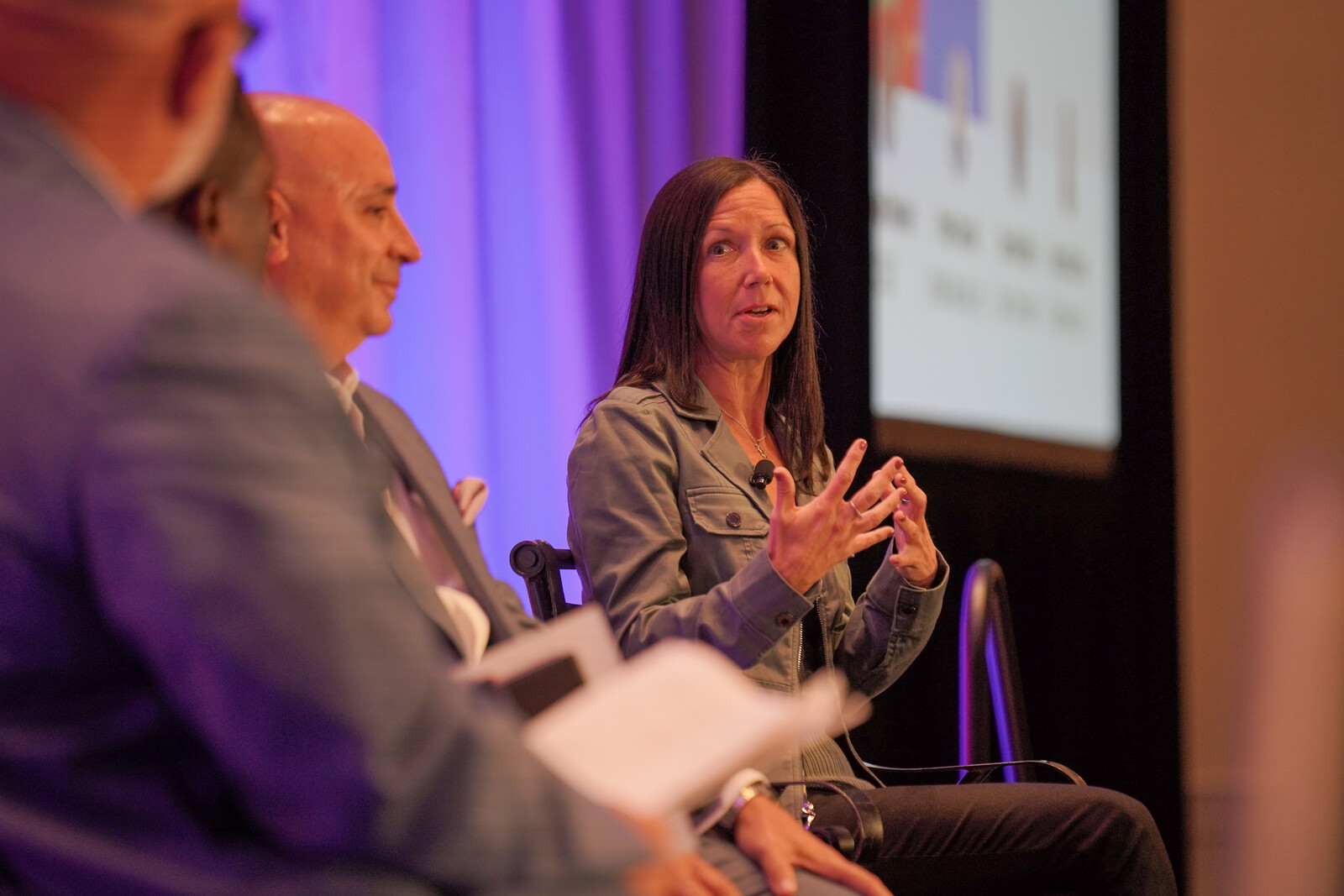
Gibbs added that a spirit of collaboration was needed to help improve the housing crisis.
He said public-private sector collaboration is important to increase affordable and workforce housing options.
“Going into zoning can be very difficult, trying to get something passed,” he said.
“Collaborating with other local businesses to talk to planning and zoning about building out more affordable housing would be very beneficial.”
New Technology
As employers navigate rising costs of doing business and living in Connecticut, they’re leaning on technology to help control costs.
Thirty-six percent of employers say they are already using artificial intelligence in their operations.
“We see a huge upside for cost containment by focusing on automating our compliance side of our business,” said Consoli.
73% of employers who don’t use AI said they’re unclear how to adopt the technology.
Still, 73% of employers who don’t use AI said they’re unclear how to adopt the technology.
“I think that most people’s concern, at least mine, would be just the elimination of jobs,” Gibbs said.
He said it’s important to educate people that it’s not an elimination of a job but could lead to focusing on a different task or changing responsibilities.
Future Innovation
Consoli said AI won’t replace people, but it will help companies be more efficient and reduce overhead costs.
“The bottom line is, if you own a company, and you’re running a company today, if you don’t jump on board in some capacity—you will in three to five years stay in business, but your competitors that are on it are going to crush you,” he noted.
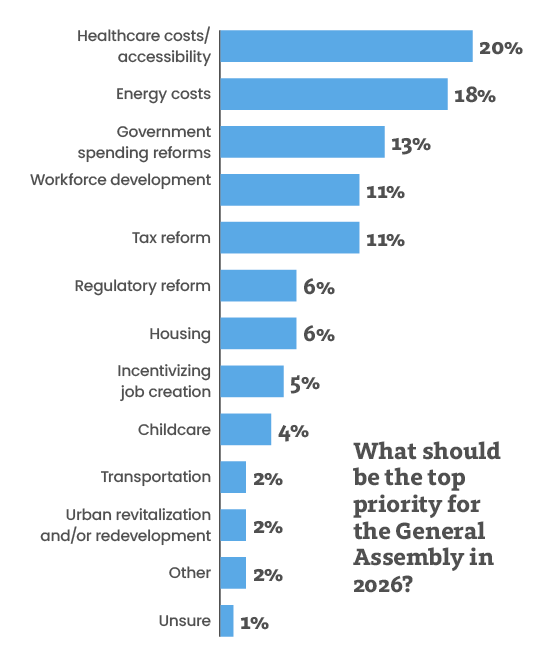
Sullivan said that she’s encouraged by the innovation that’s happening in Connecticut.
“Manufacturing, STEM, biosciences—there’s going to be a lot of innovation in those areas over the coming years,” she said.
“As innovation grows, there’s going to be some cross-industry collaboration, which is exciting.”
The Connecticut Economy was made possible through the generous support of Philip Morris International, with additional support from CBIZ, Connecticut Business Roundtable, Bank of America, Eversource, JPMorgan Chase, Kamco, and USI Security.
RELATED
EXPLORE BY CATEGORY
Stay Connected with CBIA News Digests
The latest news and information delivered directly to your inbox.


